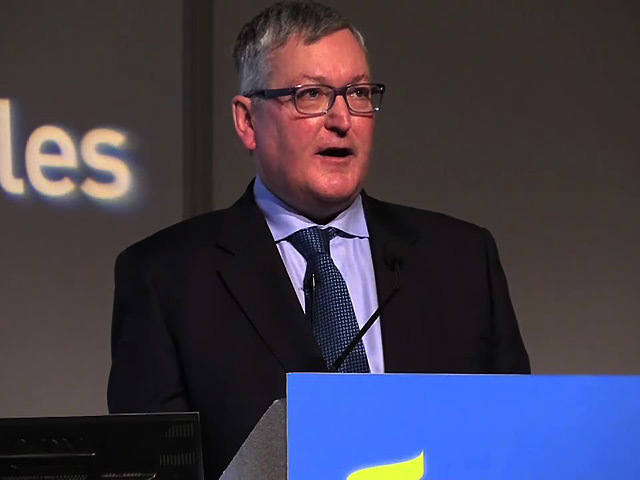
Secessionist supporters will long remember 2014 as the year when Scotland came close to grabbing the mantle of freedom.
Non-nationalists voters will see things differently as they salute the continuance of what they perceive to be the security blanket of being a member of the United Kingdom, despite having witnessed the unedifying spectacle of Clegg, Cameron and Milliband linking arms as they promised the earth for a ‘no’ vote.
The Smith Commission’s devolution recommendations have already been dismissed by ‘yes’ voters as too little and frankly too focused on devolving administration rather than power.
Membership of the SNP has soared as a consequence.
North Sea oil was a central battle ground in the referendum debate.
Different interpretations of the likely future impact on the economy of Scotland/UK were jamming the media transmission lines over most of 2014 and continue unabated to this date.
No one at that time expected the price of oil to fall in such a dramatic fashion after the referendum.
It is to the credit of the Scottish government that they have taken time to reassess the situation and come forward with constructive proposals to firstly stabilise the industry and then get it back on course to maximise future production.
The announcement by Fergus Ewing, the Scottish Government’s Energy Minister, of the publication of an “Oil and Gas Discussion paper- Challenges, Opportunities, and Future Policy” is timely and should be welcomed wholeheartedly by the industry and the UK Government.
It invites all interested parties to consider proposals for fiscal reform of the North Sea oil industry including:
• An investment allowance to provide support for fields that incur higher costs to develop;
• A phased and timetabled reversal of the increase in the Supplementary Charge implemented by the UK Government in 2011; and
• The introduction of an exploration tax credit to help increase levels of exploration and sustain future production.
The proposals at first reading appear logically sound and are backed up with concrete independent evidence of the likely positive impact they will have on employment and tax revenue.
They are also measured in approach.
For example, George Osborne in his 2011 budget imposed a 12 per cent hike in the supplementary tax burden raising it from 20% to 32%.
He justified it by saying it was fair as oil prices had doubled since the time the labour government had imposed the original tax charge.
We have argued several times that that increase should be reversed in the interests of fairness now that oil prices have halved.
The new discussion paper has, however, recommended a phased reversal of the increase.
Perhaps this balanced approach attempts to maintain the oil industry’s huge contribution to lowering the national debt whilst still encouraging future investment in the industry.
The Scottish Government’s discussion paper will no doubt be scrutinised in detail as we enter the lead in to the general election.
But it shows leadership in caring for the industry and the wider community in Scotland who would suffer most from a run-down of the industry.
Such leadership has been sadly missing from the UK Government during the current oil crisis.
Alex Russell is a Professor of Petroleum Accounting, Aberdeen Business School and Peter Strachan, Professor of Energy Policy, Aberdeen Business School
Recommended for you
